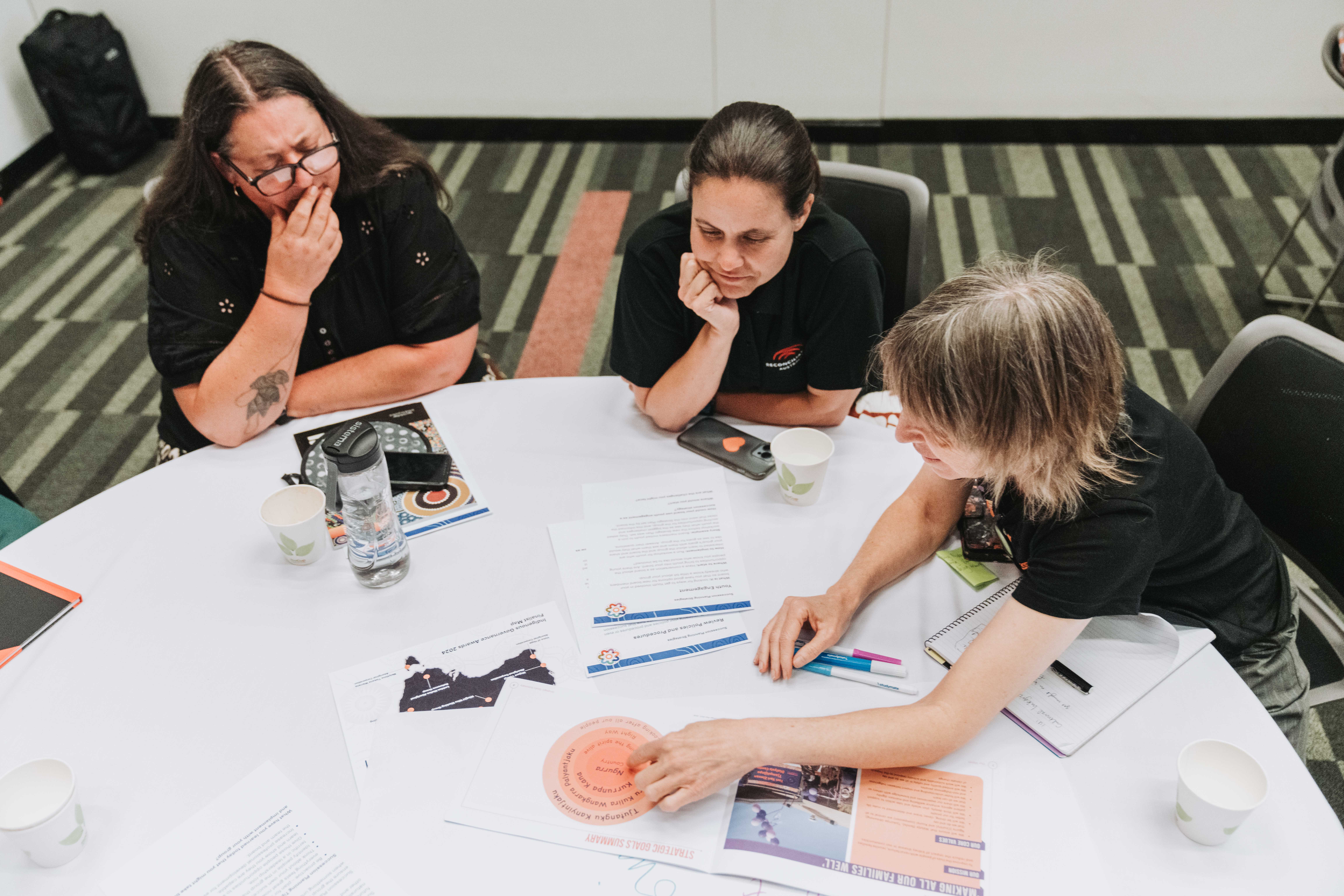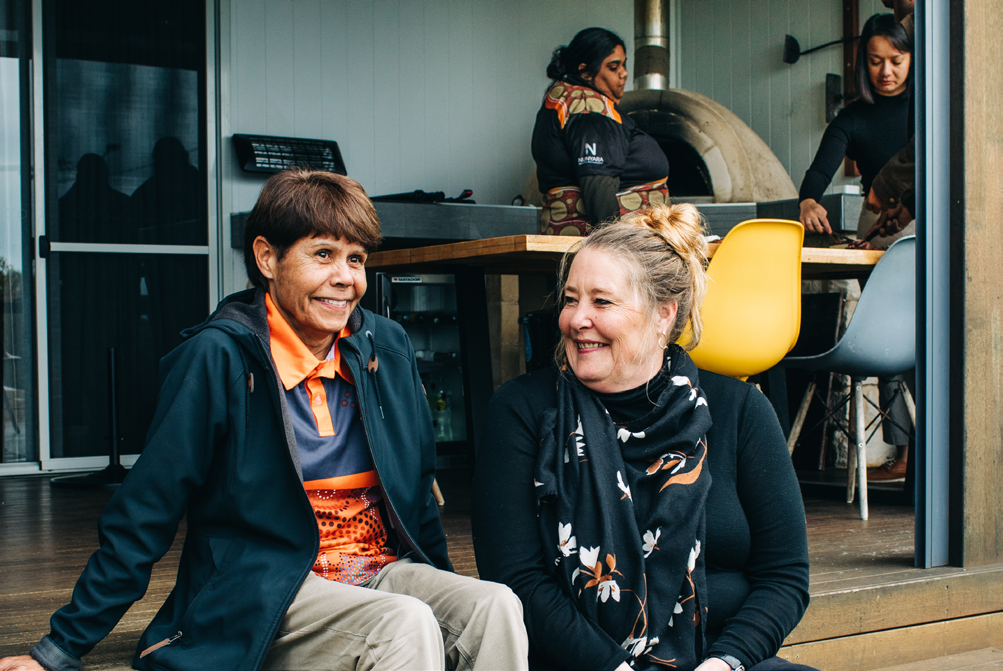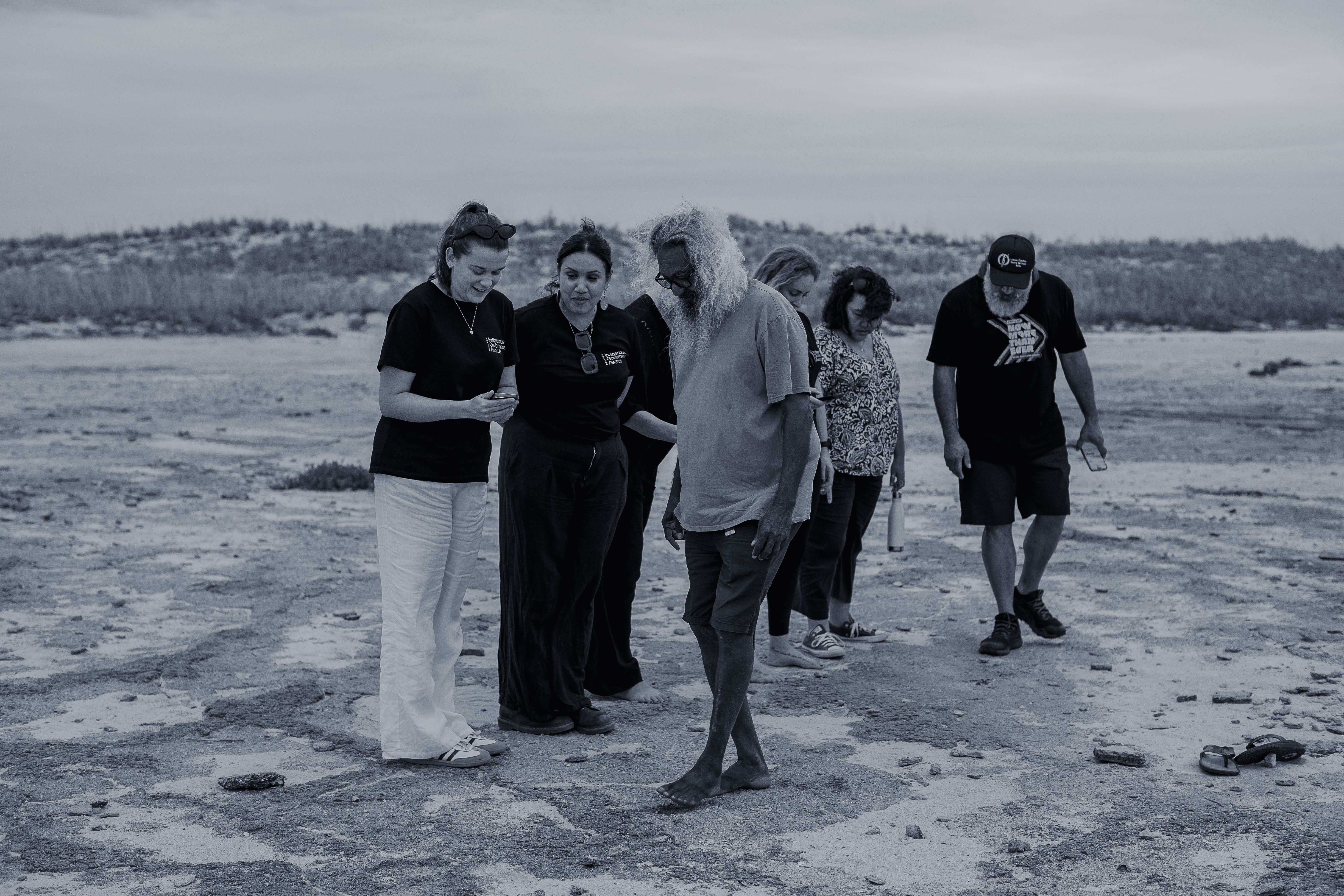To help Aboriginal and Torres Strait Islander corporations understand what Data Sovereignty means and why it matters...
Galambila Aboriginal Health Service

Practicing collective decision making
Galambila Aboriginal Health Service Incorporated (AHS) is the peak provider of high quality, culturally appropriate, holistic primary health and related care services for the Aboriginal communities residing in and around Coffs Harbour, Urunga, Bellingen/Dorrigo, Woolgoolga, Corindi and Ulong in North Eastern NSW.
Galambila’s governance structure supports the Board of Directors by focusing on strategy, planning and risk while the CEO, supported by the executive team, focuses on managing the daily operations of the organisation. This separation of duties means that the Board, which is democratically elected by the community, is able to fulfil its purpose of representing the views and wishes of the community and ensures that the organisation is responsive to those desires.
The Galambila Board practices collective decision making and all decisions are made on the basis of the consensus of the entire Board. All conflicts of interest are noted at the beginning of every meeting and a register is maintained to ensure that the Board acts to fulfil its duties ethically and without undue influence from external parties. As the Board meets monthly, it enables the Board to keep current with any major issues affecting the governance of the organisation and respond to those issues in a timely manner.
The Board has a key role in the development of the strategic direction of the organisation. It is highly involved in the development of the strategic plan. The Board supports the strategic plan by developing policies which allow and direct the use of the organisation’s resources to carry out strategic plan and support the organisation’s Vision and Mission.












.png)

